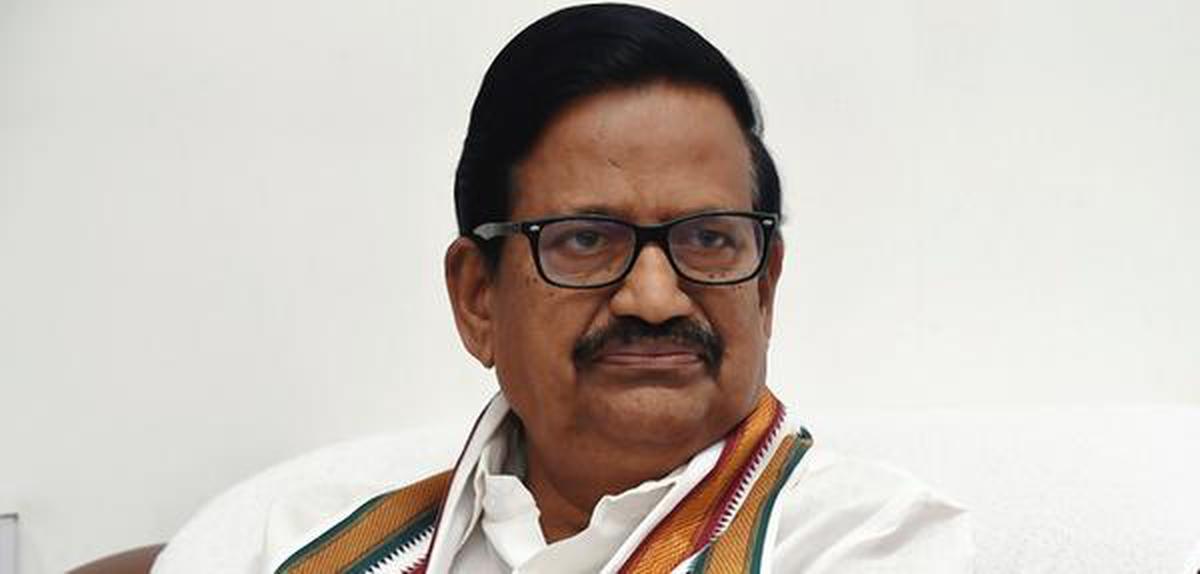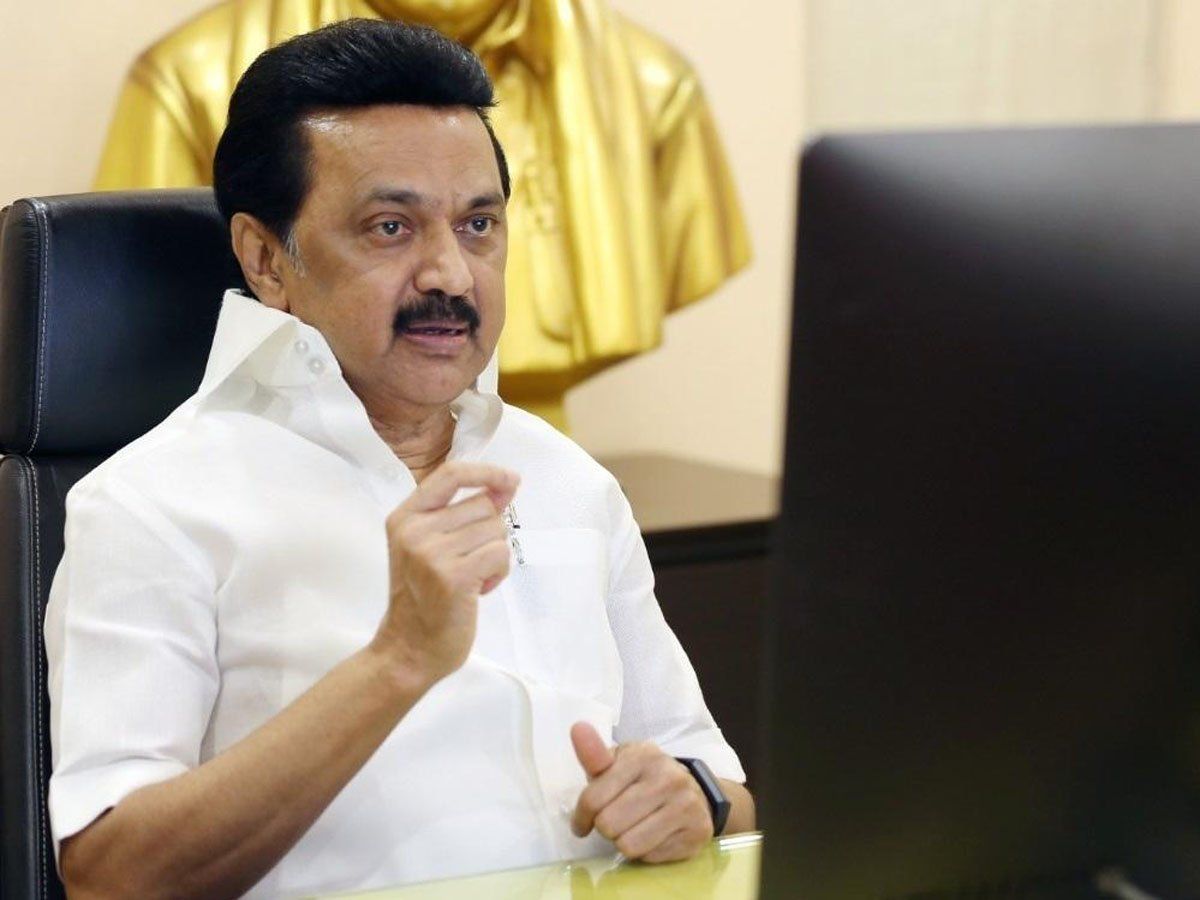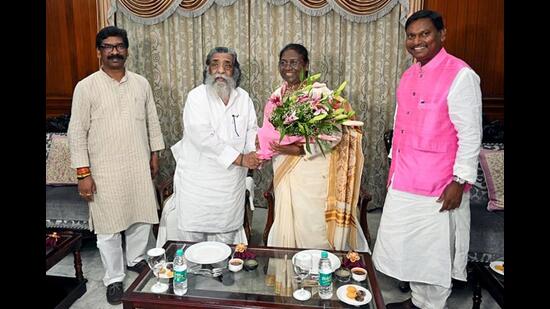
Chennai, November 16 (BPNS)
The Dalit political party of Tamil Nadu, Viduthalai Chiruthaigal Katchi (VCK), has announced a significant reorganization of its party structure.
The party, recently recognized as a state-level entity, plans to increase its district units from 144 to 234.
The restructuring aims to streamline micromanagement and strengthen the party’s grassroots presence.
According to party sources, senior leaders have been tasked with overseeing the reorganization. Each leader will manage three Assembly constituencies, receiving applications and conducting interviews for aspirants seeking key positions within the party.
As part of the changes, secretaries will be appointed for all 234 Assembly constituencies, and leaders will be deployed at the booth level. Each district committee will have one secretary, four deputy secretaries (with one post reserved for a woman and another for a non-Dalit), two executive committee members, and four additional members.
The VCK plans to reserve 10% of district secretary posts for non-Dalits and women, with 25% of all posts allocated to individuals under 35 years of age.
The inclusion of non-Dalit functionaries in each district committee is part of the party’s strategy to shed its Dalit-centric image and rebrand itself as a pro-poor political entity representing all sections of society.
This inclusive approach extends to lower-level committees as well, with non-Dalit and women representation mandated in similar proportions. Notably, VCK has previously allocated MLA seats to non-Dalits and Muslims, and 17 of its current district secretaries are non-Dalits.
Additionally, five Muslims and one Christian currently hold district secretary positions.
It is to be noted that VCK currently has two Lok Sabha MPs—party founder Thol Thirumavalavan and General Secretary D. Ravikumar—representing Chidambaram and Villupuram constituencies, both reserved for Scheduled Castes.
As a DMK alliance partner, the party also holds four seats in the Tamil Nadu Legislative Assembly.
VCK Deputy General Secretary Aadhav Arjuna had recently sparked controversy by questioning why VCK cadres cannot aspire for party founder leader Thol Thirumavalavan to become the Chief Minister of Tamil Nadu, especially when actor-turned-politicians harbour similar ambitions.
This statement, interpreted as a veiled attack on DMK youth wing leader Udhayanidhi Stalin, raised tensions within the alliance.
While Thirumavalavan later met Chief Minister M.K. Stalin to defuse the situation, senior VCK leaders expressed displeasure over Aadhav’s remarks, deeming them unnecessary and potentially harmful to the party’s alliance with DMK.








